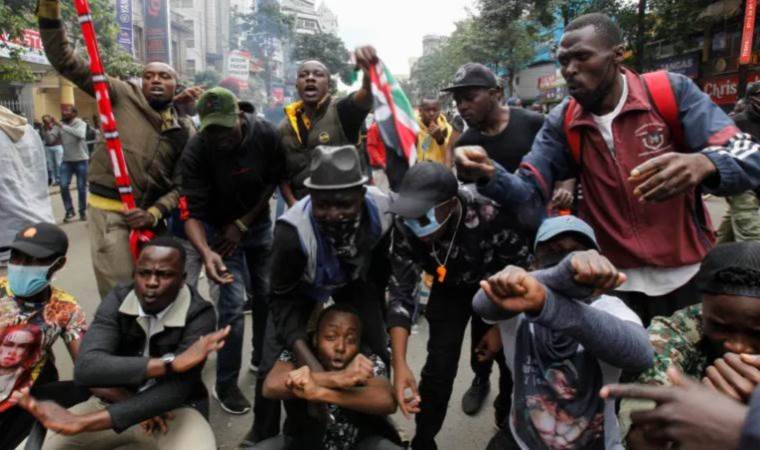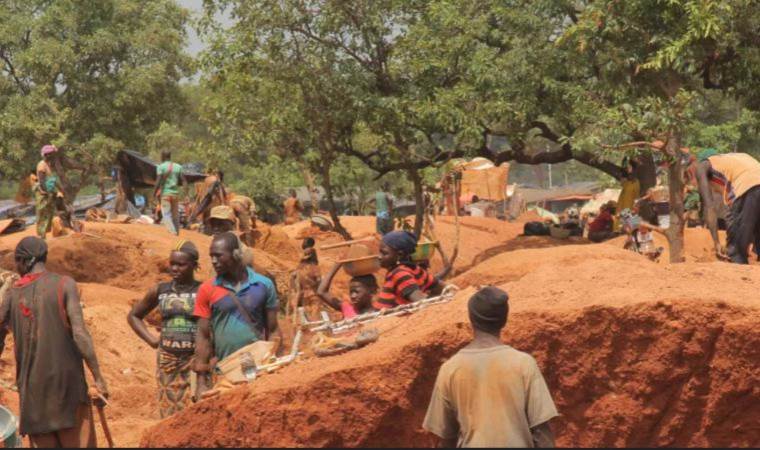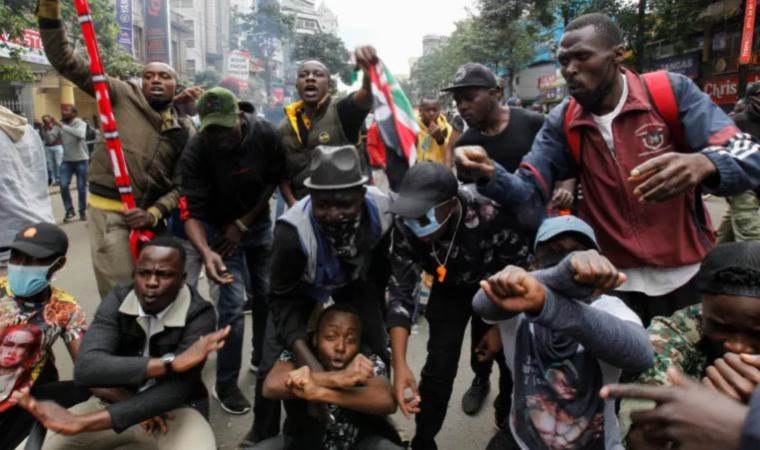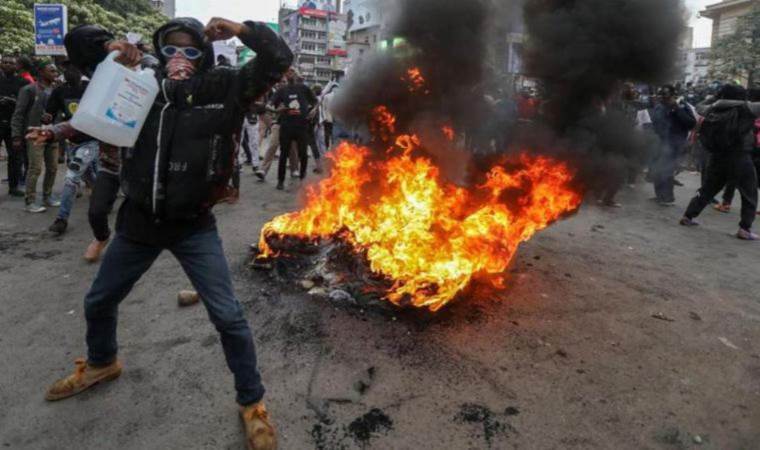Kenya police ban protests in central Nairobi, blame criminal infiltration
Kenya's police have banned demonstrations in the heart of the capital Nairobi until further notice following weeks of anti-government protests which they said have been infiltrated by organised criminal gangs.

Some activists called for people to gather on Thursday with camping gear to "occupy" Uhuru Park adjacent to the city centre, amid a heavy police presence across Nairobi.
At least 50 people have been killed in the youth-led protests against proposed tax hikes that broke out across Kenya a month ago and have continued even after President William Ruto withdrew the legislation and fired almost all of his cabinet.
Activists say they want Ruto to resign and are calling for reforms to clean up corruption and address poor governance.
"We have credible intelligence that organised criminal groups are planning to take advantage of the ongoing protests to execute their attacks, including looting," chief of police Douglas Kanja Kiricho said in a statement late on Wednesday.
"No demonstrations will be permitted in the Nairobi Central Business District and its surroundings until further notice to ensure public safety."
The protests, which have been organised online without the apparent support of opposition political figures, have created the biggest crisis of Ruto's two years in power.
In his latest concession to protestors' demands, Ruto last week pledged to set up a broad-based government, but the opposition coalition on Wednesday rejected the idea, calling instead for a constitutional convention.
The rallies began peacefully but later turned violent. Some demonstrators briefly stormed parliament on June 25, and the police opened fire.
Ruto's office planned "multi-sectoral" talks for this week to address the protesters' grievances, but by Thursday there was no sign they had begun.
Most of the leading figures behind the protests have rejected the invitation, instead calling for immediate action on issues such as corruption.
"(The police and president Ruto) have no power to suspend rights guaranteed by the constitution," activist Boniface Mwangi wrote on the social media platform X in response to the protest ban.
The Communications Authority of Kenya (CA), a regulatory body, has cautioned the media against "perpetuating" violence in their coverage of the protests, "which could potentially cause widespread civil unrest in the country".



